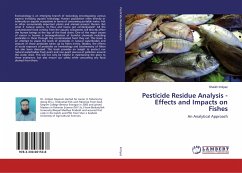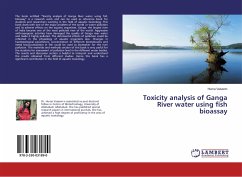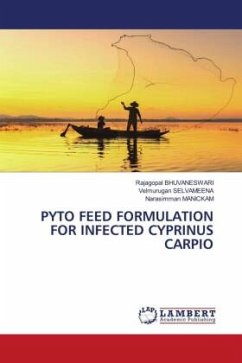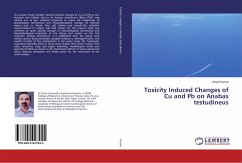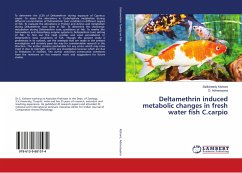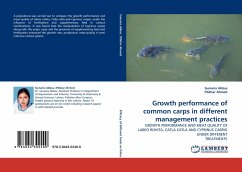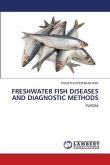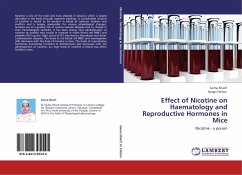Ecotoxicology is an emerging branch of toxicology encompassing various aspects including aquatic toxicology. Human population relies directly or indirectly on aquatic ecosystems in terms of consuming portable water, fish or other economically important plants and animals present therein. But what if natural waters, its flora and fauna get contaminated? All the contaminated food coming from the aquatic ecosystems will directly affect the human beings at the top of the food chain. One of the major causes of cancer in human is biomagnification of harmful chemicals including pesticides in them through the contaminated food they eat. This book is an attempt to assess the levels of pesticides in natural waterbodies and amount of those pesticides taken up by fishes invitro. Besides, the effects of acute exposure of pesticides on hematology and biochemistry of fishes has also been discussed. This book provides an insight to protect our natural waterbodies from point and non-point sourcesof pollution around the water shed. This will not only be helpful in maintaining the glory to these endeavors, but also ensure our safety while consuming any food derived from them.

